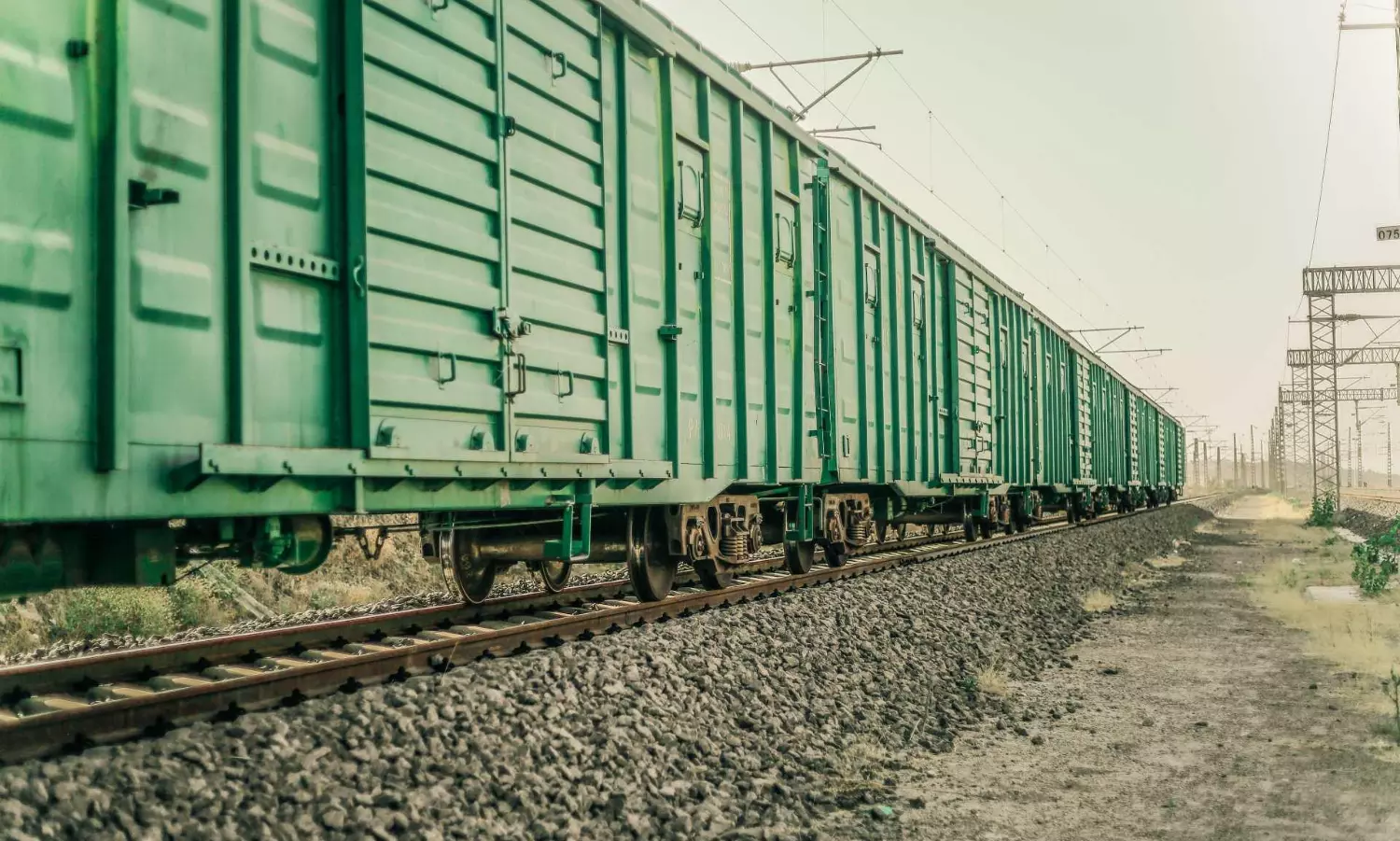Egypt approves $400 mn loan deal for Cairo-Alexandria rail logistics
The Cairo-Alexandria Trade Logistics Development Project will implement a railway bypass to the congested GCA.

Photo by Gift Habeshaw on Unsplash
Egypt President Abdel Fattah El Sisi approved a $400 million loan agreement to finance the Cairo-Alexandria Trade Logistics Development Project.
The deal is between the Egyptian government and the International Bank for Reconstruction and Development (IBRD).
On October 3, 2022, the World Bank announced that its Board of Executive Directors approved a $400 million development financing agreement to enhance the performance of the logistics and transportation sectors in Egypt and to support the shift towards low-carbon transportation along the Alexandria–the 6th of October–Greater Cairo Area (GCA) railway corridor.
Egypt's rail system is one of the most extensive in Africa, with a generally heavier focus on its passenger services, and three freight trains per direction per day in the GCA with the rest dedicated to passenger trains.
The Cairo-Alexandria Trade Logistics Development Project will implement a railway bypass to the congested GCA. The bypass will provide freight trains between the Alexandria Sea Port and the newly constructed 6th of October Dry Port, with an alternative route to the west of Greater Cairo. The operational bypass will also allow 15 container trains per day by 2030, and as demand increases, 50 trains by 2060 to this dry port. Additional freight trains will flow between the Alexandria Port, Upper Egypt, and the Red Sea.
The transportation sector is the second largest contributor to Egypt's greenhouse gas (GHG) emissions after energy—contributing approximately 19 percent. Transporting containers and other freight by train has a lower carbon footprint than by road. The Bank estimates the project will reduce greenhouse gas emissions by 965,000 tons over 30 years.
The project also supports advancing the government's reform effort to improve the railway sector's performance and promote private sector participation by creating Egypt's Infrastructure Access Charging regime.
This charging regime is similar to a toll on roads or airport fees. Private investors can operate their trains on the tracks of the Egypt National Railways Authority for a fee, hence boosting this authority's finances.
The project will support Egypt's integration into global value chains and its efforts to become a regional trading hub. This project will significantly contribute to Egypt's 2050 Climate Change plan, given the expected reductions in greenhouse gas emissions.


